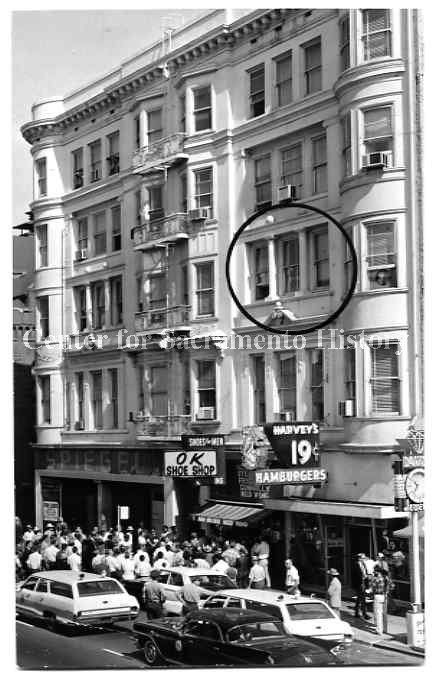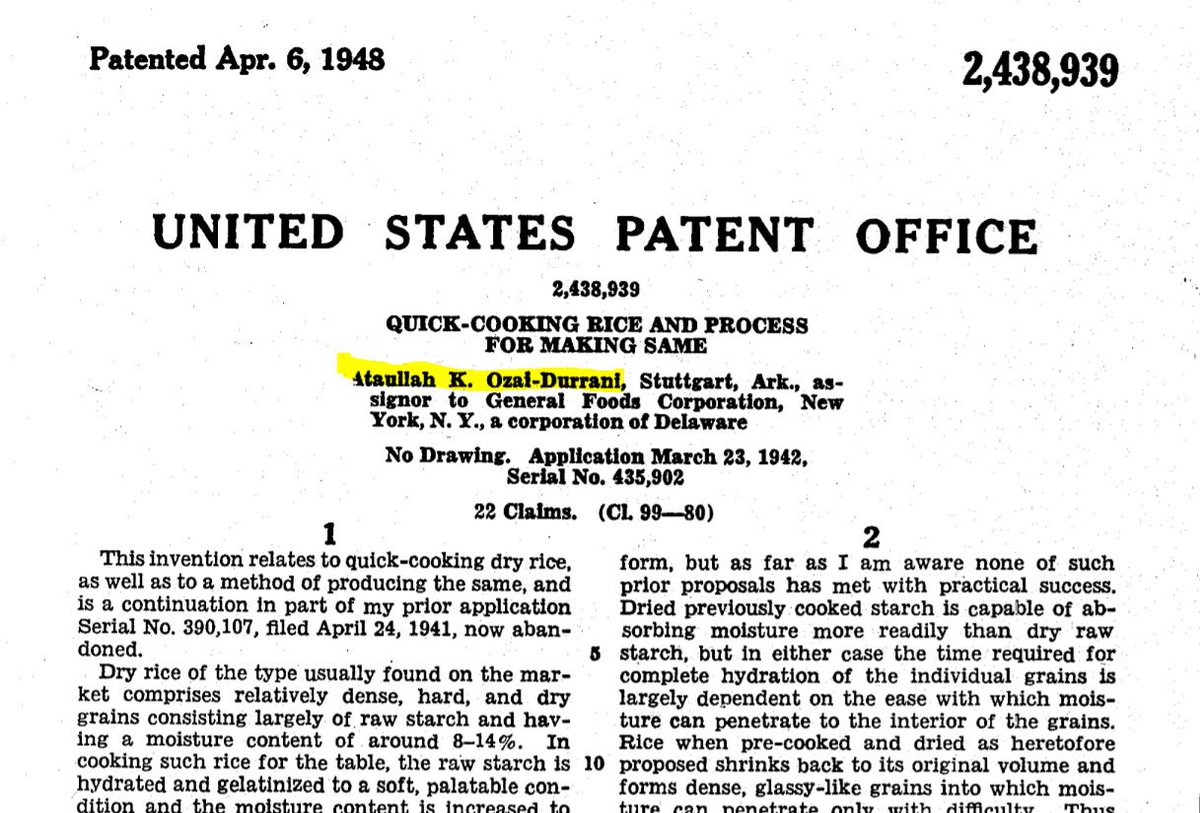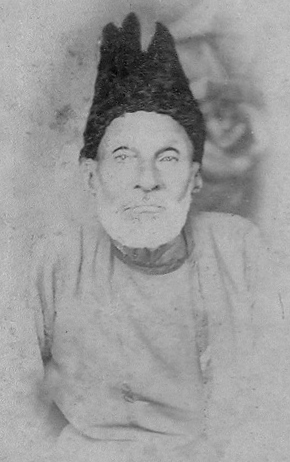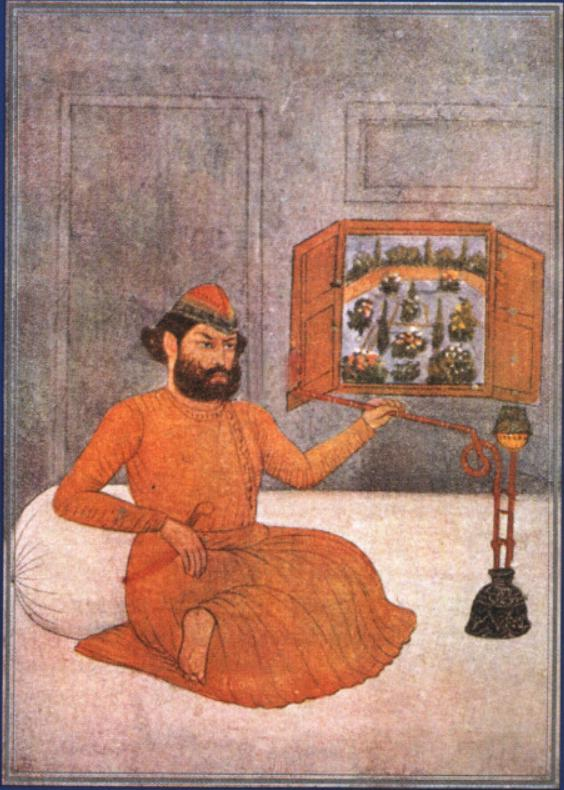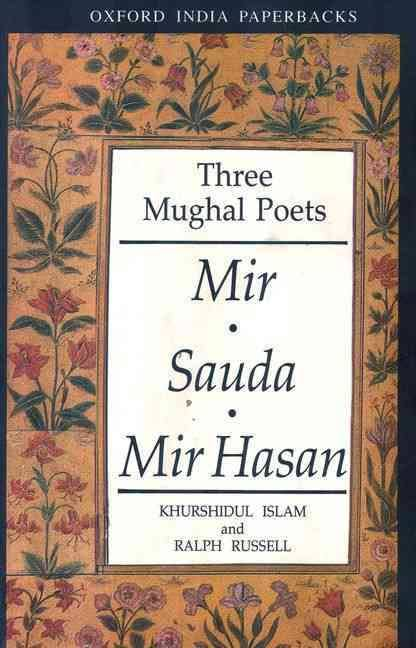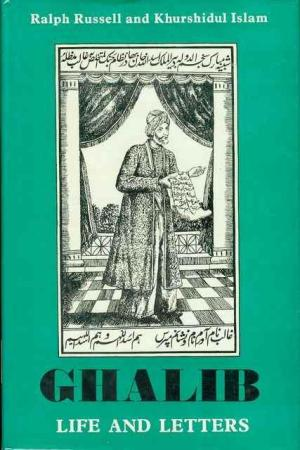Elections 2002: NWFP snippets
By Rahimullah Yusufzai
PESHAWAR: Elections 2002 in the NWFP continue to throw up titbits that are worth sharing.
a. Sardar Hussain Babak is the only journalist, contesting elections from the province. He is the ANP candidate from PF-77 Buner. The 27-year-old Babak was drafted into the contest when his uncle, Muhammad Karim Babak, found himself disqualified due to the graduation condition. Karim Babak had twice won election as MPA and also served as a provincial minister. The younger Babak, who has done his Masters in Journalism, worked at The Frontier Star, a small Peshawar daily, before taking up a job at Radio Asia's Dubai-based Pashto service in the United Arab Emirates. His elder brother, Shamim Shahid, is a known Frontier journalist. Babak's main rival in the election is stated to be Jamshed Khan, fielded by Aftab Sherpao's PPP and backed by former MPA and candidate from NA-18 Buner, Sher Akbar. Other contestants are PPPP's Badiuzzaman, PPP dissident Ahmad Khan, NAPP's Muhammad Inam, and the PML-QA's Saiful Malook. The last-named is related to the Babaks.
b. Syed Iftikhar Hussain Gilani, former federal minister and PML-QA candidate from NA-14 Kohat, has been telling voters that his party upon coming to power would generate several hundreds of thousands jobs. This must be music to the ears of millions of jobless people in the Frontier. But it is unlikely the electorate would take this promise seriously. Gilani also needs to explain the magic formula under which so many jobs would be created to reassure the sceptics among the unemployed.
c. The Muttahida Majlis-e-Amal (MMA) leadership is putting concerned Muslim voters in a difficult position by describing the elections as a fight between Islam and "Kufr". In fact, the MMA candidates are challenging the voters to make a choice now after having complained in the past elections that they were unable to choose between various brands of Islam propagated by rival Islamic groups. The ball, according to MMA nominees, was in the court of the electorate because the six major religious parties had come together for the first time and were contesting the polls under one flag, symbol and manifesto. They say this should make the job of the voters easy and enable them to choose between the believers and non-believers. The MMA contestants are also terming the elections as a contest between anti-US and pro-West political forces in the country. There is surely strong anti-US sentiment in Pakistan but it isn't going to be easy for the MMA to tap all those votes.
d. A tussle has also started as to which party and politician is more qualified to speak for Pakhtun rights. The ANP considers it its right to champion the Pakhtun cause and party leaders, particularly Begum Nasim Wali Khan, are critical of Aftab Khan Sherpao for talking about Pakhtun rights to win some extra votes in the elections. NAPP founder Ajmal Khattak is another vocal advocate of Pakhtun rights even though his efforts to displace the ANP as the main Pakhtun nationalist party have yet to bear fruit. The Pakhtun politicians in the MMA, such as Maulana Fazlur Rahman, Qazi Hussain Ahmad and Maulana Samiul Haq, spare no opportunity to criticise the ANP for abandoning the Taliban, who were overwhelmingly Pakhtun and befriending the US. All this has put the common Pakhtuns in a quandary as they struggle to differentiate between friends and foes.
e. Mansehra politicians Habibur Rahman Tanoli and Sakhi Muhammad Tanoli have passed on their electoral rivalry to their children. Habibur Rahman, serving jail sentence after his conviction in a NAB corruption reference has fielded his daughter, Ghazala Habib, from the NWFP Assembly's PF-57 Mansehra constituency. Sakhi Muhammad, who has been winning and losing from the constituency to Habibur Rahman, put up his son, Naeem Tanoli, after falling victim to the graduation condition. The younger generation of Tanolis appears determined to continue confronting each other in elections even after the eviction of the older Tanolis from the electoral arena.
f. Ghazala Habib isn't the only female candidate in the elections from Hazara. In fact, there are comparatively more women candidates for general seats in Hazara than rest of the province.
The other two in the race are Shamim Akbar Seemi of late Omar Asghar Khan's Qaumi Jamhoori Party from PF-44 Abbottabad and Bibi Nargis Ali of Pakistan Tehrik-e-Insaf from PF-54 Mansehra. Of the three, Ghazala Habib, is the only one with a realistic chance of winning on account of some good work done by her jailed father in the constituency.
By Rahimullah Yusufzai
PESHAWAR: Elections 2002 in the NWFP continue to throw up titbits that are worth sharing.
a. Sardar Hussain Babak is the only journalist, contesting elections from the province. He is the ANP candidate from PF-77 Buner. The 27-year-old Babak was drafted into the contest when his uncle, Muhammad Karim Babak, found himself disqualified due to the graduation condition. Karim Babak had twice won election as MPA and also served as a provincial minister. The younger Babak, who has done his Masters in Journalism, worked at The Frontier Star, a small Peshawar daily, before taking up a job at Radio Asia's Dubai-based Pashto service in the United Arab Emirates. His elder brother, Shamim Shahid, is a known Frontier journalist. Babak's main rival in the election is stated to be Jamshed Khan, fielded by Aftab Sherpao's PPP and backed by former MPA and candidate from NA-18 Buner, Sher Akbar. Other contestants are PPPP's Badiuzzaman, PPP dissident Ahmad Khan, NAPP's Muhammad Inam, and the PML-QA's Saiful Malook. The last-named is related to the Babaks.
b. Syed Iftikhar Hussain Gilani, former federal minister and PML-QA candidate from NA-14 Kohat, has been telling voters that his party upon coming to power would generate several hundreds of thousands jobs. This must be music to the ears of millions of jobless people in the Frontier. But it is unlikely the electorate would take this promise seriously. Gilani also needs to explain the magic formula under which so many jobs would be created to reassure the sceptics among the unemployed.
c. The Muttahida Majlis-e-Amal (MMA) leadership is putting concerned Muslim voters in a difficult position by describing the elections as a fight between Islam and "Kufr". In fact, the MMA candidates are challenging the voters to make a choice now after having complained in the past elections that they were unable to choose between various brands of Islam propagated by rival Islamic groups. The ball, according to MMA nominees, was in the court of the electorate because the six major religious parties had come together for the first time and were contesting the polls under one flag, symbol and manifesto. They say this should make the job of the voters easy and enable them to choose between the believers and non-believers. The MMA contestants are also terming the elections as a contest between anti-US and pro-West political forces in the country. There is surely strong anti-US sentiment in Pakistan but it isn't going to be easy for the MMA to tap all those votes.
d. A tussle has also started as to which party and politician is more qualified to speak for Pakhtun rights. The ANP considers it its right to champion the Pakhtun cause and party leaders, particularly Begum Nasim Wali Khan, are critical of Aftab Khan Sherpao for talking about Pakhtun rights to win some extra votes in the elections. NAPP founder Ajmal Khattak is another vocal advocate of Pakhtun rights even though his efforts to displace the ANP as the main Pakhtun nationalist party have yet to bear fruit. The Pakhtun politicians in the MMA, such as Maulana Fazlur Rahman, Qazi Hussain Ahmad and Maulana Samiul Haq, spare no opportunity to criticise the ANP for abandoning the Taliban, who were overwhelmingly Pakhtun and befriending the US. All this has put the common Pakhtuns in a quandary as they struggle to differentiate between friends and foes.
e. Mansehra politicians Habibur Rahman Tanoli and Sakhi Muhammad Tanoli have passed on their electoral rivalry to their children. Habibur Rahman, serving jail sentence after his conviction in a NAB corruption reference has fielded his daughter, Ghazala Habib, from the NWFP Assembly's PF-57 Mansehra constituency. Sakhi Muhammad, who has been winning and losing from the constituency to Habibur Rahman, put up his son, Naeem Tanoli, after falling victim to the graduation condition. The younger generation of Tanolis appears determined to continue confronting each other in elections even after the eviction of the older Tanolis from the electoral arena.
f. Ghazala Habib isn't the only female candidate in the elections from Hazara. In fact, there are comparatively more women candidates for general seats in Hazara than rest of the province.
The other two in the race are Shamim Akbar Seemi of late Omar Asghar Khan's Qaumi Jamhoori Party from PF-44 Abbottabad and Bibi Nargis Ali of Pakistan Tehrik-e-Insaf from PF-54 Mansehra. Of the three, Ghazala Habib, is the only one with a realistic chance of winning on account of some good work done by her jailed father in the constituency.
